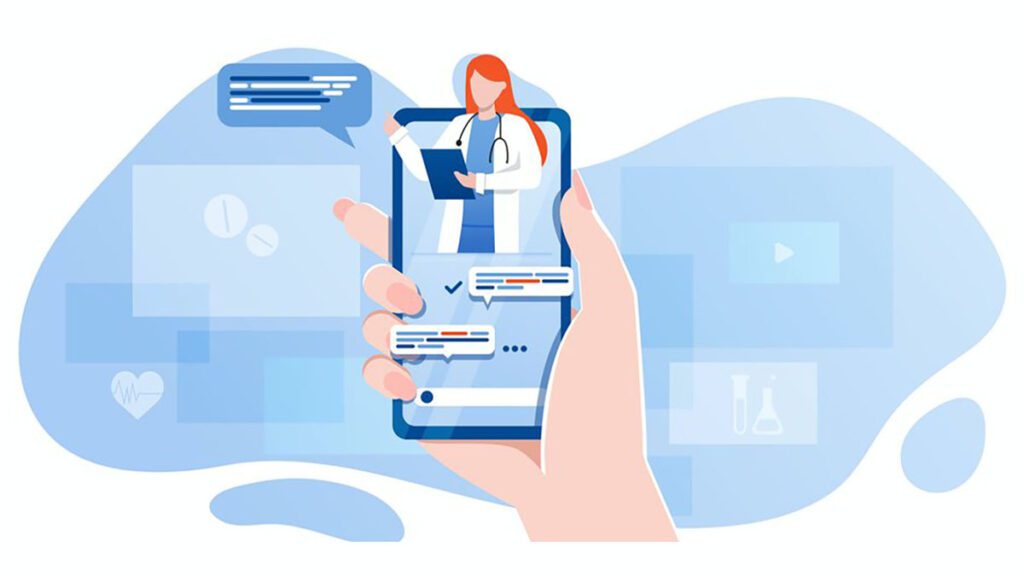UK NHS Cancer backlog treated by digital tools, says report

A report from ORCHA (The Organisation for the Review of Care and Health Apps), an NHS partner and a leading authority on health app trends and usage, says that MedTech digital tools can be part of the solution to the backlog in cancer services.
The report adds that patients must be supported by healthcare staff in their choice of apps and be extremely wary of poor-quality tools which could damage their health.
“There are excellent apps or digital tools supporting cancer patients. These have been developed with clinicians, rigorously reviewed and frequently updated. Apps such as these can be embedded into cancer services to provide tremendous support to patients and ease the healthcare system at a time of tremendous backlog,” former NHS clinician and founding CEO of ORCHA, Liz Ashall-Payne, said.
“For example, BELONG, Beating Cancer Together gives users access to oncologists, radiologists and doctors to answer questions and notifies users of available clinical trials around the world. Vinehealth Cancer Companion helps patients monitor their symptoms and track their medication,” he noted.
Around 40,000 fewer people started cancer treatment in 2020 due to COVID-19, putting potential pressure on services for years to come.
“We believe there is massive potential for intelligent apps such as these both to help patients and provide excellent returns on investment to the NHS,” Liz added.
According to ORCHA research, 3,603 digital tools in forms of apps to support cancer can be found in app stores. Worryingly, 74 percent of these have not been updated in the last 18 months. This means the vast majority have not kept pace with medical, data or usability guidelines.
Amongst the apps updated within 18 months, ORCHA reviewed 190 of the most downloaded, testing them against more than 350 health standards and measures including elements of the NICE framework. This diligence revealed that only 24.7 percent of the apps reviewed meet minimum quality thresholds.
Liz Ashall-Payne, said: “These statistics are deeply concerning, given how easy it is for vulnerable patients and care providers to search app stores and stumble across apps which may give poor or outdated advice or blatantly misuse their private data.”
